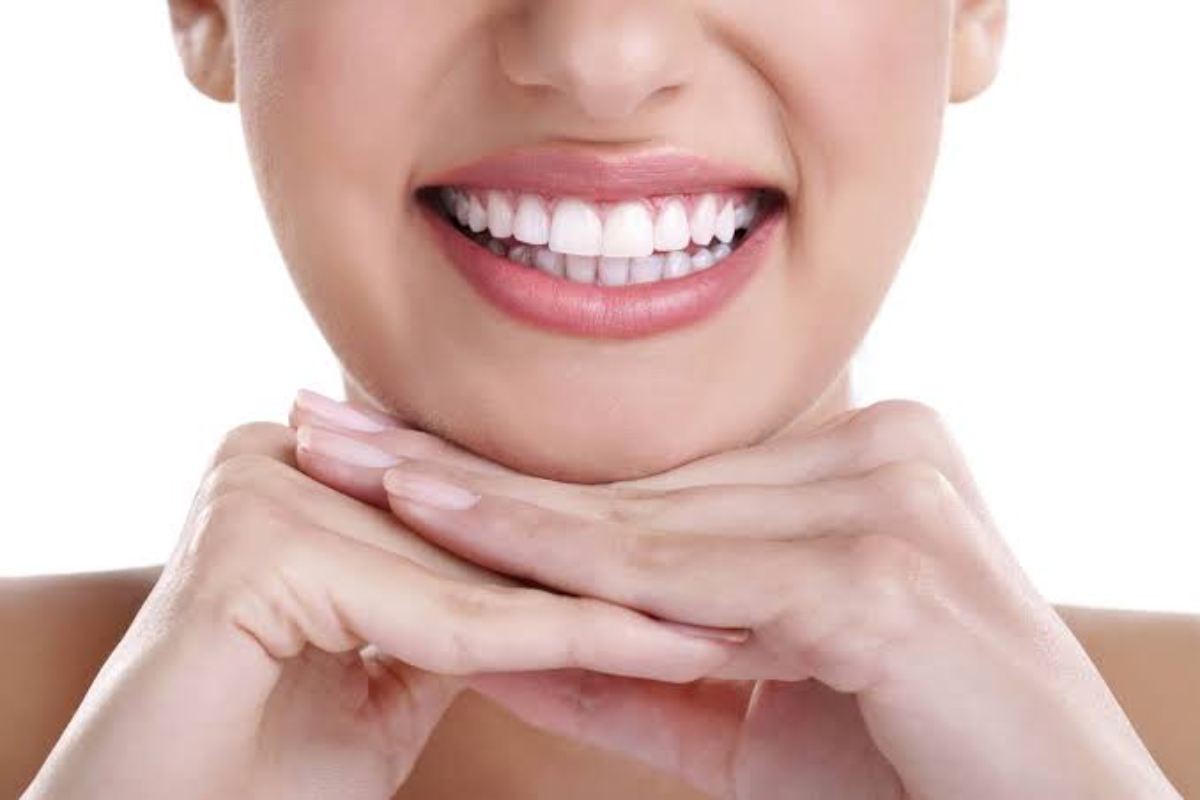Society is shifting to a health conscious being and that’s a great thing. Exercise is on the rise, and healthy eating is really catching on across every age group. That’s amazing news, because when we feel good, we look good – but we could always look better.
On that note, one of the simplest areas to focus our attention on is our smile. It’s one of the first things people notice about us, and also the most magnetic trait we own. A bright smile is contagious, so if you have the confidence to smile, then those around you will to. That’s a big reason why teeth whitening procedures are right at the top of the list for most common dental procedures.
While teeth whitening has been around for along time, and everyone seems know what it is, our Burlington dentist still fields the same question during almost every whitening consultation; “Is teeth whitening safe, or can it cause permanent damage to my teeth?”
Table of Contents
Let’s learn about tooth enamel
To understand tooth enamel better, we need to start with the basics. What is tooth enamel, why is it important, and what happens if it gets damaged?
What is it?
The enamel on your teeth is a think layer of well, enamel, that covers a tooth’s visible crown until the gumline. It serves as a tooth’s primary defense against physical trauma and chemical damage. As such, it is one of the hardest tissues found in our bodies – it’s even tougher than your bones!
What does it do?
Enamel is tasked with protecting the softer inner tooth material called dentin. It does a great job but unfortunately there are lots of things that can damage enamel such as sugars, starches, acids and physical damage like clenching or grinding.
What happens when it gets damaged?
If the enamel gets damage (usually it gets worn down over time) it won’t be able to repair itself. That’s because it isn’t made up of living cells that replenish themselves, so once it’s gone, it’s gone. As enamel begins to wear, you’ll start experiencing tooth sensitivity. This sensitivity usually starts being noticed with hot or cold foods, but eventually it wont take much to make your teeth hurt. Ask anyone who has ever had tooth sensitivity pain and they’ll tell you that it isn’t fun. No wonder we get asked about whether whitening damages it all the time.
How do you know if enamel is damaged?
If your toothe enamel is wearing down you’ll likely know about it because your teeth will be super sensitive. Your teeth might also begin to exhibit a yellow discolouration and become rougher or jagged to the touch. You may also be able to see small indentations on the surface of your teeth. Your dentist will be inspecting your enamel during your regular cleaning and checkup appointments, so make sure you visit the dentist regularly.
How to prevent tooth enamel damage
When it comes to the enamel of your teeth, there’s really no way to protect it indefinitely, but you can certainly make sure you aren’t wearing it down prematurely. Here’s a list of things you can do to keep your enamel in good repair:
- Avoid sugary and acidic drinks like pop or fruit juices
- Don’t eat starch filled foods excessively
- Take care of acid reflux if you’re a sufferer
- Drink plenty of liquids (preferably water) to stay hydrated and keep your mouth moist
- Brush your teeth regularly but don’t scrub too hard
- Don’t brush your teeth within 20 minutes of eating a meal or drinking an acidic beverage
- Rinse your mouth with water after eating and drinking
- Take care not to grind your teeth or clench your jaw (bruxism)
- Don’t bite your fingernails
- Don’t chew on hard substances
- Wear a mouthguard during high physical exertion
Is teeth whitening safe for tooth enamel?
Finally, we’ve arrived at the question everyone wants an answer to. Ask your dentist and they’ll tell you that “No, teeth whitening won’t damage your enamel!”
Whitening works by applying a special bleach gel to the front of your teeth, which will then soak its way inward to the dentin inside your teeth. (This dentin is the part of your teeth that turns yellow and discoloured, not the enamel). Over the space of an hour, the dentin begins to lighten in colour, after which your smile will be up to 7 shades brighter. The enamel is left untouched by the whitening process, and even though patients report their teeth are often more sensitive after the treatment, the effect only lasts for a few days before your teeth will be back to feeling like normal.

